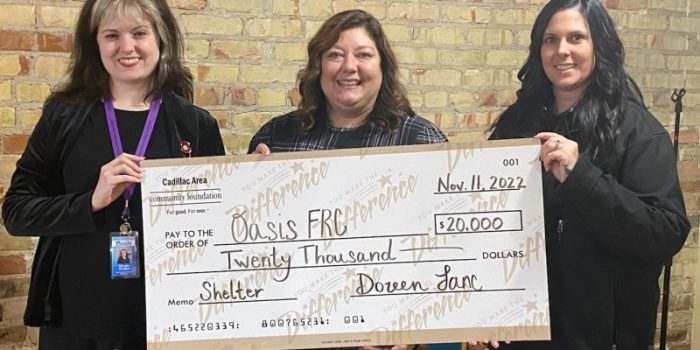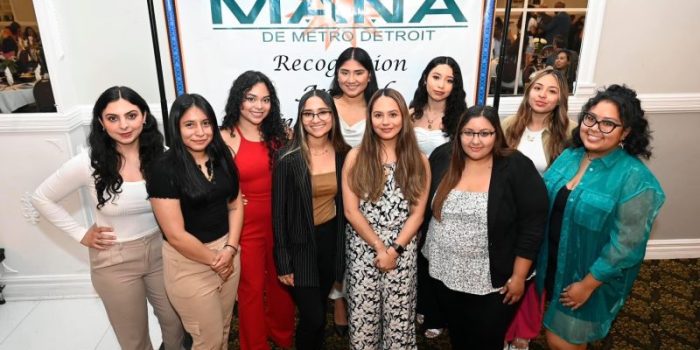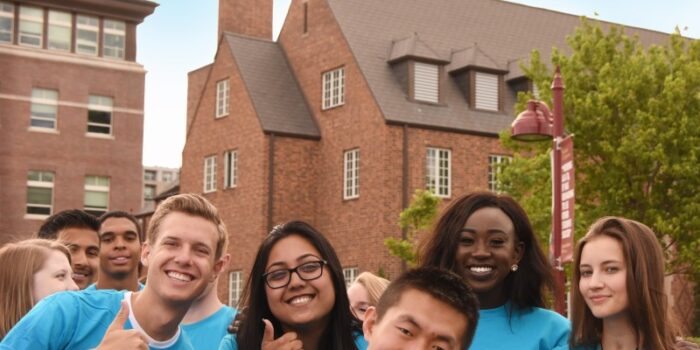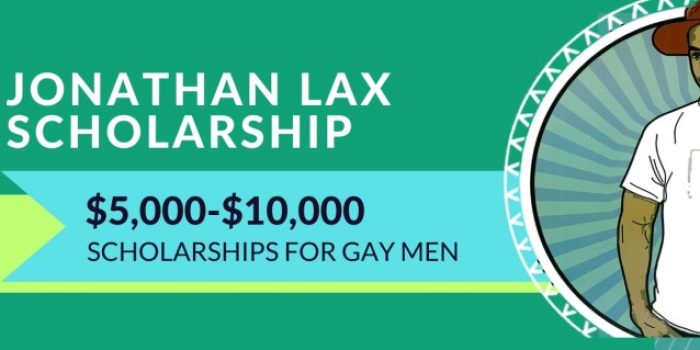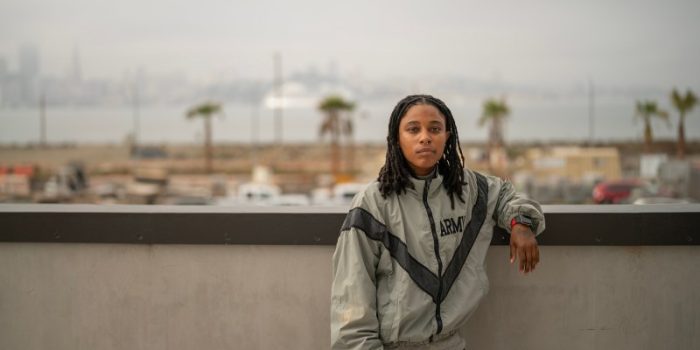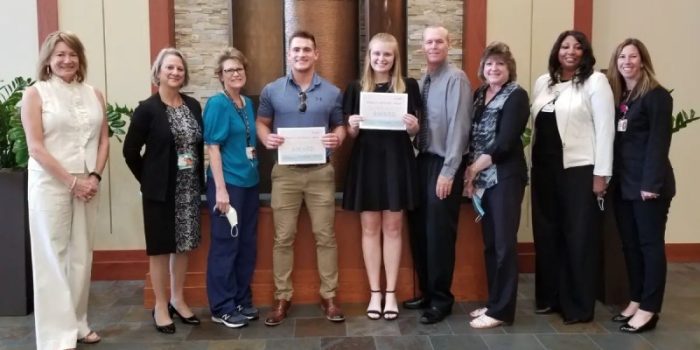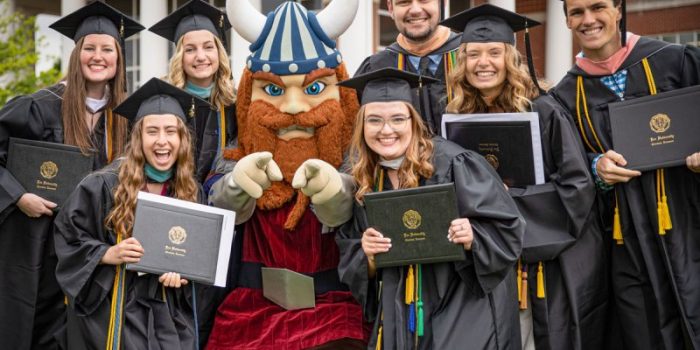Available Grants For College-bound Students From Low-income Families In Detroit – Wayne State University will begin offering free tuition to low-income Michigan students, the university’s latest free tuition program.
() — Wayne State University will begin offering free tuition to low-income Michigan students, the university’s latest free tuition program.
Available Grants For College-bound Students From Low-income Families In Detroit
On Monday morning, Michigan Governor Gretchen Whitmer joined Wayne State officials to announce a new initiative that is part of the Michigan Achievement Scholarship Program that Whitmer signed into law last year.
The Kresge Foundation
Michigan students with family incomes of $70,000 or less will be offered free tuition at Wayne State, according to the governor’s office. There will be no running costs either.
This is the latest program to make higher education free or more affordable in Michigan. Wayne State also offers the Heart of Detroit Tuition Pledge, which provides free tuition to Detroit high school students or Detroit residents who earn a high school diploma.
“Michigan students deserve the opportunity to access high-quality, affordable higher education,” Whitmer said in a statement. “I am proud to partner with universities across the state to help lower college costs for Michigan students and help them gain the skills they need to be ready for new and growing businesses in the state. Last year, nearly half of Wayne State University’s first-year students had no out-of-pocket costs, and thanks to this initiative, the university is giving more students that opportunity.”
“When we invest in students, we invest in Michigan’s future,” Lt. Gov. Garlin Gilchrist added in a statement. “The Wayne State Guarantee will be a game-changer for Michigan students, helping them receive a high-quality education at zero-out-of-pocket costs. The best way to have a better quality of life and a higher income is to earn a degree. The Guarantee expands economic opportunity for us Michigan residents. and will help achieve our 60 to 30 goal of reaching 60 percent of Michigan residents with a postsecondary degree or certificate by 2030. Governor Whitmer and I will continue to work hard to help every student achieve their dreams and get a great education .”
Great Scholarships For Low-income College Students
Wayne State President M. “Wayne State has a long history of being a university of access and opportunity, and now our commitment to making a college degree affordable comes as a guarantee,” said Roy Wilson. “We are excited to expand the opportunity for an affordable, world-class education to more warriors. We are grateful for Governor Whitmer’s leadership in establishing the Michigan Achievement Scholarship and paving the way for Michigan citizens to access tuition-free higher education.
The commitment covers tuition fees and standard fees such as registration and student service fees and is available for up to four years.
The state also has the Michigan Reconnect program, which allows you to attend a community college or vocational school for free. The Public Scholarship Program supports publicly engaged scholarship through mutually beneficial projects created between students and community partners.
Delighted to announce public scholarships for PhD students for the year 2024. These awards will enable students to apply the results of their doctoral research in collaborative projects with community partner organizations to contribute to the public good and impact local and global communities.
Ballmer And Wilson Groups Give $30m To Metro Detroit Community Colleges
This year’s awardees will complete their work in the United States, South America and Africa, from piloting a mobile air conditioning system for California communities to combat extreme heat caused by climate change to training youth to identify and document Nigeria’s cultural heritage sites. Successful student candidates have demonstrated sustainable social, cultural and environmental impact beyond the academy. Their projects excel in a competitive pool of applications in terms of equitable participation, sustainability for local communities, and innovative and inclusive use of community knowledge in doctoral research.
“The projects awarded this year in the framework of public grants, by their scale and importance, show the promise of cooperation between doctoral students and social partners for the development of research in the service of the public good”, says Vice Dean Katarjina Sanok. for academic programs and initiatives and a professor in the Department of Languages and U-M English Literature. “By bringing the knowledge and needs of the community to the fore, these impressive students have created research projects that will have significant impact.”
By choosing to pursue public engagement as part of their graduate education, this year’s cohort will be able to meet the needs of the communities they serve, advance their practice of publicly engaged scholarship, and make distinctive contributions to their research.
The Public Scholarship Program has supported public scholarship on the U-M campus since 1998, when it began as the Arts of Citizenship Program. Its mission is to support collaborative scientific and creative endeavors that connect communities and co-create public goods, while supporting the professional development of students based on social engagement and community-based learning.
Next Gen” Promise Programs
For this project, Noor will collect oral histories from members of Iraqi culture to preserve their memories of the nation before the war. Her project documents the oral histories of key Iraqi elders living in the Detroit metropolitan area. The local diaspora, highly diverse in terms of religious and ethnic identity, represents a community of people who left Iraq at different times and have different memories of the evolving Baghdad. The Noor Project will preserve their stories for generations to come. Once completed, the recorded and preserved oral history will be donated to the National Arab American Museum in Dearborn, Michigan.
Timilehin will work with the Museum of West African Art (MOWAA) in Edo and its sister organization Africa Nature Investors to develop public interest in heritage and archaeological research in Edo State, Nigeria. Building on previous research, Timilehin and partners will use community outreach to educate and train high school students in heritage studies so they can identify ancient remains and archaeological sites. These students will also learn how to upload evidence of the location of cultural heritage sites into a central geographic information system that can be used by archaeologists, creators of cultural heritage sites and the Ministry of Culture. This central database will not only enable the development of the cultural heritage of Edo State but also provide MOWAA and affiliated researchers with data for future research.
The Woodbridge Oral History Archive (WOHA) is a collaborative project of Richard, the Detroit Historical Society (DHS), and the Woodbridge Neighborhood Development Corporation (WND). Since the 1960s, Woodbridge has stood out as a socially and culturally diverse neighborhood in Detroit, made up of ordinary working people, artists, musicians and activists whose collective history has not been officially preserved. By combining WND’s deep community ties with DHS’s experience in oral history and Richard’s training in public history and knowledge of Detroit history, WOHA plans to use storytelling and programming to create a sense of intergenerational connection between younger and older generations of Woodbridge residents. . Community and management.
Along with a coalition of local activists and nonprofits known as the North Fair Oaks Climate Ready Team, Caroline will implement an interdisciplinary pilot project to provide rapid and effective assistance to vulnerable residents during climate disasters. The North Fair Oaks (NFO) neighborhood in California is a majority-minority community that serves as a haven for many vulnerable and underserved groups in the Bay Area. Excessive heat is a particularly pressing problem in NFOs, where the housing stock is old, very few homes have air conditioning, and the number of dangerously hot days is increasing rapidly. The project team will pilot a first-of-its-kind mobile model of “Hub Blocks” – portable, prefabricated air conditioning systems that can be delivered to NFO homes within minutes.
Wayne State University Attracts Underserved Students With Ai
This public history project will help expand the oral history initiative being developed at Al Akhawen Archives and Digital Archives (ADRAR). It focuses on the collection, processing, digitization and dissemination of oral histories in the Central Atlas Mountains of Morocco, an area of enormous historical importance. Amelia will lead an oral history collection team to expand the ADRAR initiative to two surrounding rural communities that represent the region’s rich nomadic history and strong oral history traditions. Including these stories, including the option of recording them in Tamazight with Arabic and English translation, will preserve the politically and culturally important histories of these communities, much of which has not been adequately captured in written historical materials.
“Energy Efficiency Interventions in Low-Income Multifamily Housing: A Detroit Case Study of Financial and Energy Savings and Best Practice Lessons Learned.”
This study focuses on the energy experiences of households living in low-income multifamily housing in Detroit and the potential benefits of energy conservation measures. MEDLINE will conduct a study to analyze the effectiveness of residential building retrofits for energy efficiency and cost savings implemented by Walker-Miller Energy Services in the Villages of Parkside, a residential community in Detroit. Study results will identify potential energy and cost savings resulting from these retrofits, recommend best practices for utility-sponsored energy efficiency programs, and argue for deep retrofitting of aging multi-family buildings.
Marcela will work with the Institución Educativa Colegio Antonio Nariño (IECAN School) in the Colombian border city of Cúcuta to promote the integration of Venezuelan immigrant students by co-creating welcome kits. Although Venezuelan students are enrolled in the IECAN school, there is no orientation program to support their specific needs. The project will include the creation and distribution of a welcome kit containing key information to help newcomers familiarize themselves.

